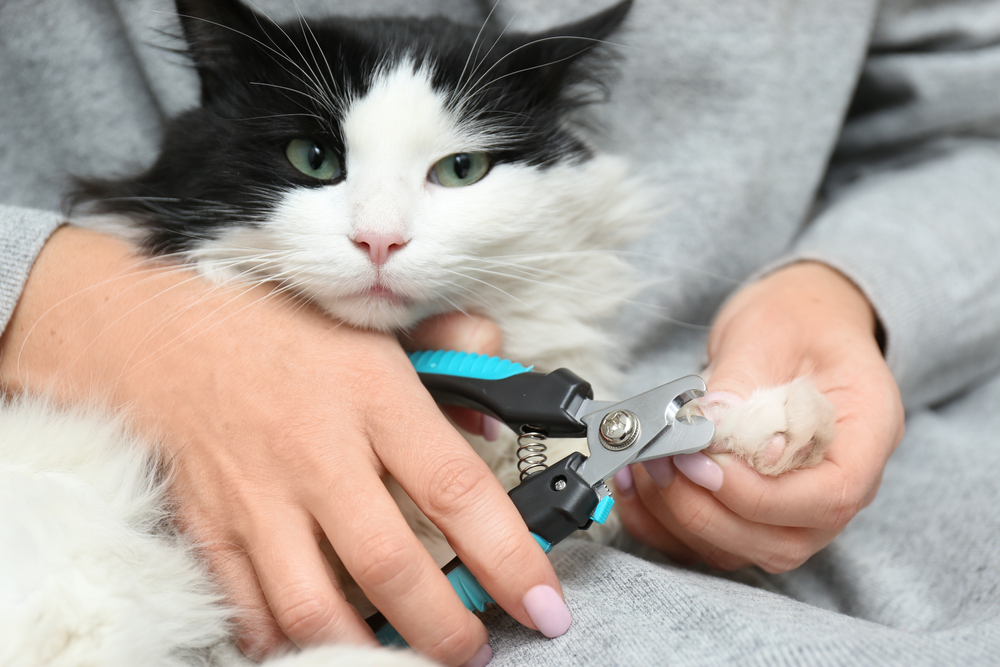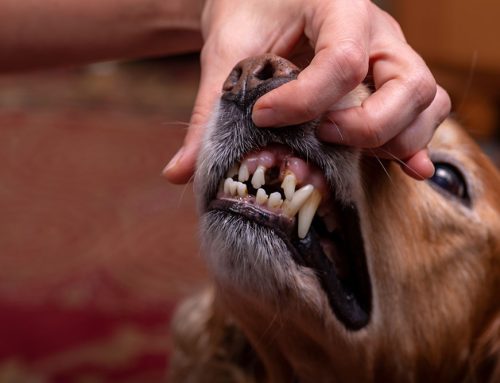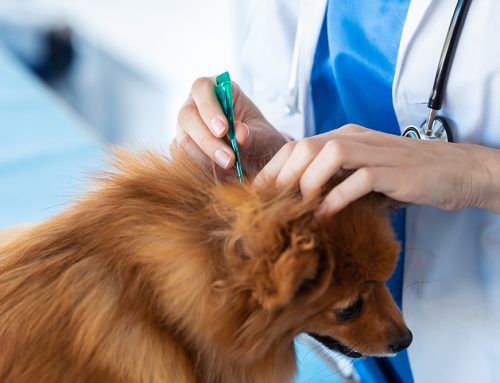Routine veterinary care provides a foundation for your pet’s health, helps prevent disease, and detects changes before they become big problems. But, you can’t predict or prevent every accident or injury, and most pets don’t get hurt during convenient business hours. The Veterinary Medical Center of Indian River County handles routine veterinary care needs by appointment, but we can also handle your pet’s emergency needs any time, day or night.
Our emergency veterinary services
Our veterinary hospital has every necessary resource for your pet’s care during an emergency. We triage all patients on arrival and attend to them in order based on condition severity. Depending on the problem, we may treat your pet on an outpatient basis, admit them for surgery, or keep them overnight for intensive care. We offer the following services for your pet:
- Emergency triage and physical examinations
- In-house blood and urine testing
- Eye diagnostics
- Digital X-ray
- Diagnostic ultrasound
- Emergency surgery (e.g., pyometra, gastric dilatation-volvulus, intestinal foreign body, eye removal)
- Urinary catheterization
- Wound repair
- Hospitalization
- IV fluid therapy
- Advanced patient monitoring
- 24/7 nursing care
What constitutes a veterinary emergency?
Determining whether your pet is having an emergency can be tricky, and you should call us anytime you are unsure about the urgency of your pet’s condition, so we can advise you on next steps. Also, calling ahead helps us prepare for your pet’s arrival. The following are possible signs your pet requires emergency veterinary care:
- Difficulty breathing, heavy panting
- Bleeding
- Trauma (e.g., vehicle collision, animal bite, fall)
- Prolonged vomiting or diarrhea
- Unproductive dry heaving
- Disorientation, confusion, stumbling
- New seizures, more than one seizure in a 24-hour period, tremors
- Difficult or painful urination or defecation
- Suspected pain
- Paralysis
- Weakness, collapse
- Toxin ingestion or exposure
- Eye trauma
Emergency versus routine veterinary care
While emergency veterinary hospitals like ours are here to help your pet any time you need us, we encourage you to schedule a regular appointment for non-emergent conditions. If your pet visits the clinic during emergency hours with a non-urgent condition, you will likely face a long wait time, because we will see pets with more serious illnesses first. A visit with your primary veterinarian also ensures continuity of care, because they will become familiar with your pet’s health history, and regular visits build a strong, trusting, and collaborative veterinarian-pet owner relationship.
Always call us if you are in any doubt about whether your pet should be seen. In general, the following illness signs are not emergencies, unless they accompany the serious illness signs listed above, and should be evaluated during our next available regular appointment time:
- Ear infections
- Skin itching, rashes
- Lumps or bumps
- Non-traumatic dental conditions
- Routine wellness care
- Parasites
- Occasional or episodic vomiting or diarrhea
- Weight changes
- Increased thirst or appetite
Preventing common pet emergencies

You cannot prevent or predict all pet emergencies, but many are avoidable with routine veterinary wellness visits, which help our team catch diseases and health changes in their early stages, before your pet’s overall condition declines. Vaccinations, deworming, and annual blood, urine, and parasite screening tests are also important components of preventive and wellness care. Chronic kidney disease, diabetes, and urinary tract inflammation are some easily detected conditions that may advance quickly to an emergency if left untreated for too long.
Other strategies to prevent common emergency scenarios include:
- Keep dogs on a leash and cats indoors to avoid injuries from the local terrain, other animals, or vehicle collisions.
- Trim your pet’s nails to prevent breaking or tearing.
- Introduce new foods or treats slowly and avoid fatty table scraps.
- Schedule veterinary visits promptly when you notice new health changes.
- Try doggy daycare instead of the dog park for supervised play with pets pre-screened for health and temperament suitability.
Our veterinary team believes strongly in the old adage, “Better safe than sorry.” Injuries or organ damage from trauma or toxins can take hours or days to appear, and the sooner your pet receives veterinary care, the better their chances for a good outcome. Contact our Veterinary Medical Center of Indian River County team or head to our facility for immediate evaluation if your pet is sick, injured, or acting strangely.







Leave A Comment